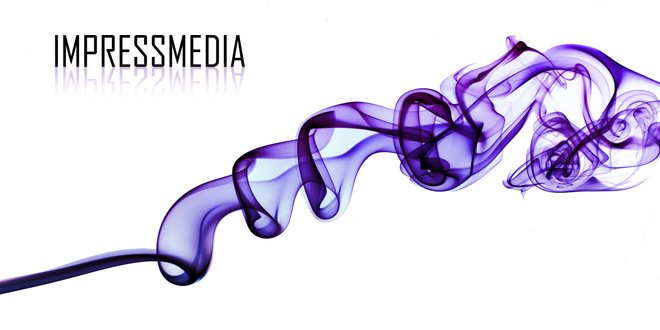Wednesday, 2 November 2011
Music Maketh the Man
Since childhood music has been a big part of my life from playing the clarinet, learning how to mix music on turntables, djing in clubs and listening to a lot of different genres on a daily basis. Electronic music in the past has only been possible using hardware based synthesisers, drum machines and mixing desks. Now, with the invention of fast processing computers, there is less, or often no need to have access to expensive hardware based electronic components. This allows software companies to create soft synthesisers and other music composing instruments virtually. Anyone can now buy or download freeware software’s to create their own music.
I made the decision last year to begin to learn how people make music using computer based software. As I was always hugely passionate about electronic music, djing on a regular basis, I was intrigued as to how the sounds are created. Each genre of electronic music is different but abides by some rules such as tempo, styling, instrument choice and vocal elements. These different parts of the track are integral to how the sound is defined by the genres available. Music, especially electronic music, is always changing rapidly and has many sub -genres and cross over projects. I have noticed these changes more recently (over the past 6 years) notably with the introduction of Dubstep. I believe this genre has broken moulds drastically in the genre etiquettes around the world, meaning different styles and sounds are immerging all the time now. Keeping abreast to these changes as a DJ and a musician can be sometimes overwhelming as well as keeping open minded and true to your musical likes and dislikes is paramount. I also find that music and media (video production) and even graphic design go hand in hand. After all, music is received and processed emotionally and having a beautifully shot film and the wrong soundtrack can have a hugely detrimental effect to how the work is received. Also choosing a too ‘aggressive’ or unusual track can ostracise and confuse the audience once again changing the outcome of how the work perceived by the audience.
Keeping my Ideas Original
Keeping your ideas fresh is important but staying too close to the producing crowd can often be boring to listeners. For example, creating a standard 4/4 house beat, which is repetitive and not showing much enthusiasm for instrument choice can bore your target audience. By studying all genres of music you can select what instruments sound appropriate with one another and ‘step outside the box’ when you feel that the song needs more excitement or new direction.
Instruments can be chosen to reflect/echo other genres as well as integrating more sounds within the theme of the song.
E.g
Jazz music = reflected by such wind instruments as the saxophone.
Drum and bass music with complex drum patterns, lots of symbols and heavy bass lines.
Classical = using the right instruments, layers, volumes and strings.
Making music, in my mind, is like editing videos or creating graphics/art. It is a creative process with a multitude of decisions, feelings and emotions. Keeping close to knowing what you think sounds good and what doesn’t is very important in all of these practical arts.
Common misconceptions are that making electronic music or computer music is easy.
Again if I compare art to computer composed music, an artist could splash paint on a canvas and this would be considered a type of art. If an accomplished artist studying classical painting styles spent a year completing a large portrait of a famous figure it would also be considered as art. Music, art, video, photography, graffiti etc are all forms of expression and each contain their own identity.
‘Computer Music' magazine, a monthly issued magazine, details a wealth of information for computer musicians. In today’s level of high production, everybody who creates music is using a computer at some point.
It’s true that the music and media industry are cut throat in terms of the shelf life of artists/ creator. The supply of music producers available to the public through the internet and various forms of media today is extensive, to the point that an artist could be all the rage one week and forgotten the next. In this throw away culture that we live in, where information is available around the clock, although can be suffocating and overwhelming at times, it is also of great significance. The opportunities available today are astonishing. It’s just about harnessing them in the right light and keeping a positive focused attitude to using this information especially when things do not go your way. John Mayer said “after all, the internet doesn’t actually exist.”
People now have all of the choice, at all times. With an all embracing access to Internet platforms such as Soundcloud channels, Youtube channels, Facebook pages, twitter accounts, self made web pages, becoming a member of a nightclub/pub page on forums and Facebook, people can create their own world to launch themselves into the public eye to be noticed. Once artists receive notoriety is from social networks, larger more established companies can sign these artists and market them correctly to the right sections of the internet and media sectors with the intention that they will grow more popular.
Tags:
Music
Subscribe to:
Posts (Atom)

